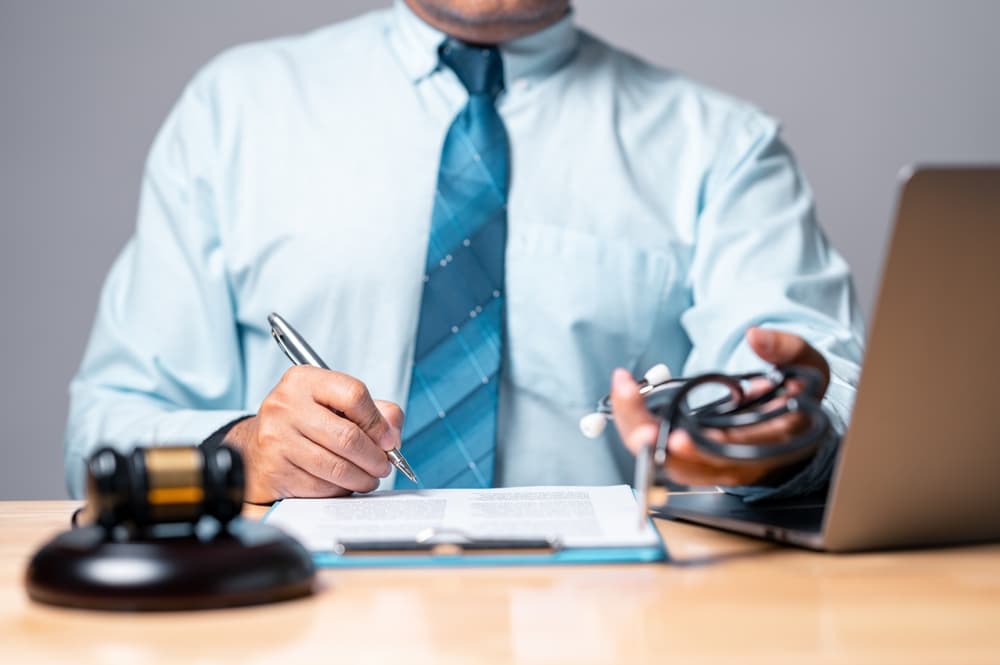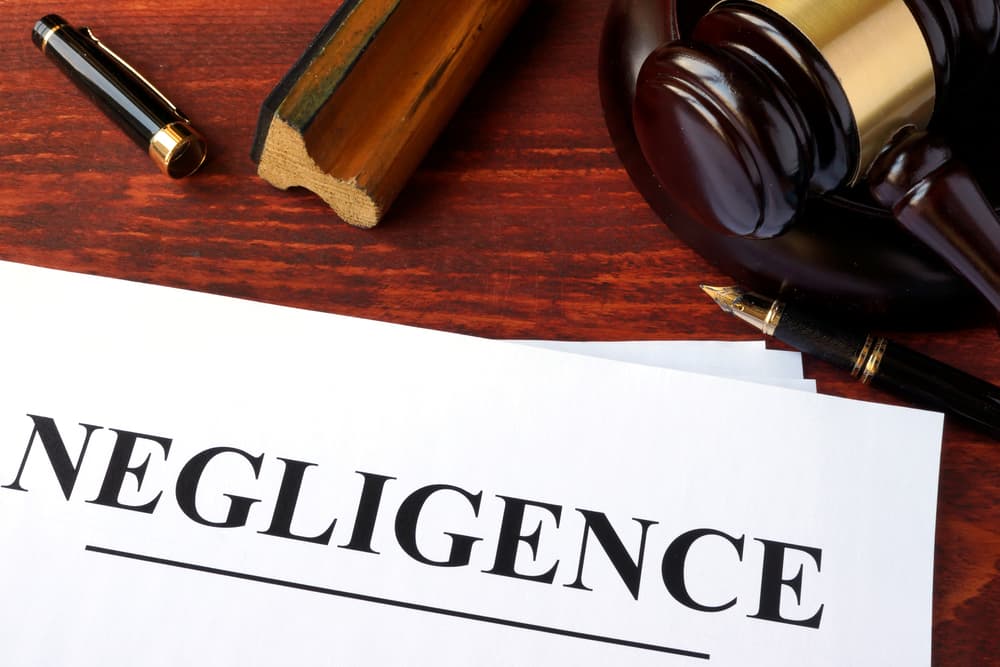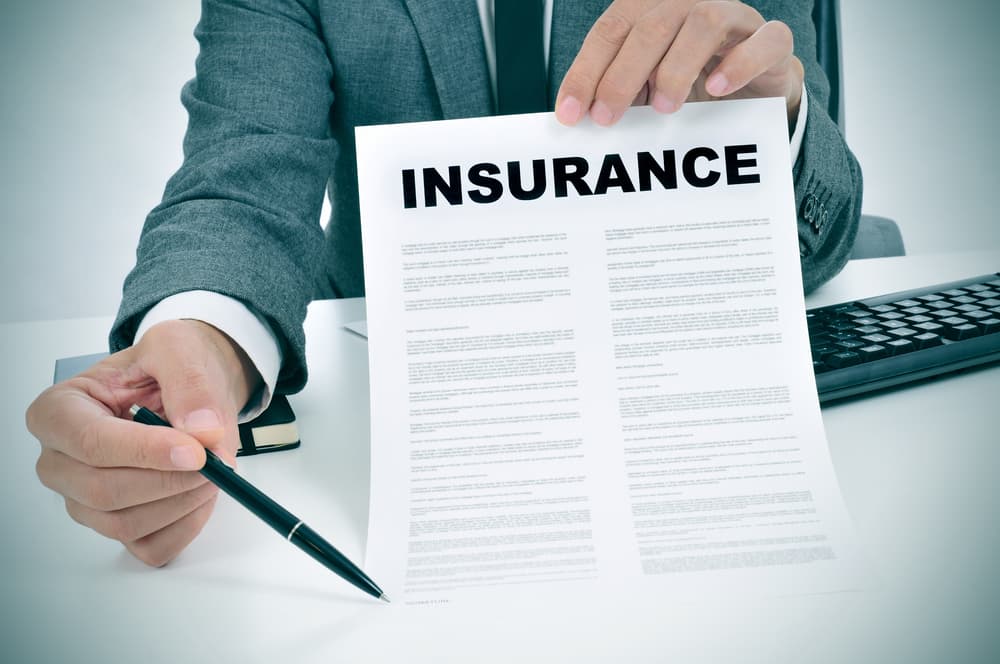How to Determine How Much a Personal Injury Case is Worth in Florida
When you suffer an injury due to someone else’s carelessness, it’s only natural to want to know how much compensation you’ll receive. No ethical personal injury attorney will ever promise to get a certain amount of money before knowing all the facts of your case. They first need to consider many factors.
The following is a look at how South Florida personal injury & car accident lawyer typically determine how much money to demand from the at-fault party’s insurance company. If you haven’t yet hired an attorney, we urge you to do so immediately. Getting legal help will be your only realistic chance of getting the compensation you deserve under the law.
Understanding the Importance of Determining a Case’s Value

When someone’s carelessness leads to a severe injury, the victim doesn’t just experience pain. They’re mad because they didn’t do anything to deserve to be hurt. They’re frustrated because they want justice. They may also be scared because they face a mountain of accident-related expenses they can’t afford. Victims may also experience panic since they’re not receiving paychecks because they can’t work.
If you’re in this position, you need a lawyer. A skilled personal injury attorney will help eliminate all those frustrations and fears. They’ll know how to evaluate the value of your case. This evaluation is the first step toward ensuring fair compensation.
Factors Contributing to a Case’s Worth
Accident victims filed more than 28,000 personal injury lawsuits in Florida between March 31, 2022, and March 31, 2023. These cases are incredibly complex. One of the main reasons is that several factors determine the value of a claim. Your personal injury lawyer will meticulously evaluate these factors to determine the value of your case. The following are just a few:
- The type and severity of your injury – Some injuries are much more expensive to treat than others. For example, medical costs for a victim with a severe form of paralysis known as high tetraplegia run an average of $1.064 million during the first year after the injury occurs. Costs typically run about $184,000 each successive year for this injury.
- Liability issues – Establishing who is at fault for an accident is critical. The clearer the liability, the stronger your case will be. A personal injury attorney will investigate the accident to determine who was to blame.
- Insurance coverage – If the at-fault party has insurance, your lawyer will pursue compensation from the carrier. If they don’t, your attorney must seek money through other means.
Assessing Damages
Damages, or financial losses, are critical in determining a case’s value. They fall into two main categories – economic or tangible damages and non-economic or subjective damages. Here’s a look at examples of each.
Economic Damages
If you’re hurt, you might not only have medical expenses but also lost income and property damage. Your medical damages encompass the direct costs of medical treatment, surgeries, medication, and rehabilitation. Thorough documentation is critical to accurately assessing medical expenses, so keep every bill and receipt.
Lost income includes compensation for income lost due to your inability to work while you recover. If your injury is severe, you might never go back to your old job.
The injury can make it impossible to perform your duties, so you might have to take another job that doesn’t pay as much. This is known as lost earning capacity. Your personal injury lawyer will work to ensure you get enough money to make up the difference between your old and new pay.
If you can no longer work, your attorney can seek compensation that pays your yearly salary and any bonuses or commissions you likely would have earned. Your lawyer will work to make you financially whole so you can focus on your recovery.
The attorney will also seek compensation for your property damage. For instance, if you were in a car accident, they’ll try to get money to cover the repair or replacement of your vehicle and any other possessions you lost.
Non-Economic Damages
While economic damages are tangible, non-economic damages are subjective. These include pain and suffering, lost quality of life, and emotional distress.
Pain and suffering damages include discomfort and other immediate and long-term effects, such as the need for ongoing care. If your injury keeps you from pursuing your favorite activities, your personal injury lawyer will also consider that when assessing your case’s value. They’ll also consider the emotional toll of your injury.
Only an experienced personal injury attorney will know how to assess your non-economic damages accurately. It’s challenging to attach a quantifiable value to subjective damages, but lawyers often use what is known as the “multiplier method.”
This method involves multiplying economic damages by a factor to determine your non-economic damages. Suppose your economic damages come to $100,000. Your attorney uses a factor of 4 to value your subjective damages at $400,000. They will combine the two and demand $500,000 from the at-fault party.
Establishing Liability and Proving Negligence

Knowing the value of your case is essential. But it won’t mean much if your personal injury attorney can’t prove the other party was to blame for the accident due to their negligence.
You must hire a lawyer as soon as possible so they can investigate the accident. The evidence your attorney collects will be vital to obtaining compensation. Critical evidence can disappear quickly, so fast action on your part will be necessary. Your lawyer will use this evidence to establish a clear chain of events leading to your injury and identify those to blame.
The Role Insurance Coverage Plays
Assessing your case’s worth also involves determining the at-fault party’s insurance coverage. This coverage will be the primary source of compensation for your personal injury claim. Your attorney can’t estimate the value of your case without knowing what kind of insurance the at-fault party has and the limits of their policy.
But what if the person to blame didn’t have insurance? If you suffered an injury in a car wreck, your uninsured/underinsured policy will provide some compensation. However, it probably won’t come close to paying for all of your damages.
If this is the case, your personal injury lawyer will look to other compensation sources. One source can be a third party that played a role in causing the accident.
Suppose you’re injured in a car wreck caused by an uninsured driver. Your attorney can pursue money from that person, but their assets will unlikely pay for your damages since they couldn’t afford car insurance.
In this instance, your personal injury attorney will look for compensation in other ways. The negligent driver caused the accident, but what if they lost control because a faulty tire blew out? Your lawyer can sue the tire manufacturer.
What if the at-fault driver hit you because they were trying to avoid another driver who swerved out of their lane due to talking or texting? A skilled attorney will use every tool at their disposal to find that driver and take action against them as well.
Negotiating With Insurance Companies

Negotiating with insurers is another component of obtaining the full value of your case. A skilled, experienced personal injury attorney has several tools to convince the at-fault party’s insurer to give you what you deserve.
They do this by thoroughly understanding every aspect of your case, including who’s liable for the accident, all applicable laws, and the nature of your injuries. Other negotiation tactics include:
Accurate, Complete Documentation
Your attorney must support your case with detailed, accurate documentation. This includes all the evidence relevant to the accident, such as photographs, medical records, police reports, and witness statements.
Setting a Settlement Goal
The lawyer will also clearly state the compensation they intend to obtain once they know the extent of your damages. They’ll set a minimum acceptable offer as well as the ideal figure. Having a defined goal will help guide negotiations. It will also eliminate the risk of accepting an inadequate offer.
Crafting a Persuasive Demand Letter
An effective demand letter is critical to your chances of obtaining compensation. As the name implies, the letter spells out the compensation you demand. When crafting this letter, your personal injury attorney will outline all the specifics of your case, including liability, injuries, and damages. The letter must clearly articulate the compensation you seek and provide a compelling case for why you deserve it.
Patience is a Virtue
Insurance company negotiations can quickly become frustrating. Insurers use every excuse possible to deny victims compensation and often use questionable tactics to delay a settlement. However, an experienced attorney will keep their composure at all times. They know this approach will help enhance the effectiveness of negotiations.
Be Willing to Compromise
Flexibility is crucial in negotiations. While your personal injury attorney will always keep your ideal settlement amount in mind, there are times when you must be open to a reasonable compromise. Being willing to compromise often expedites the process and leads to a mutually acceptable resolution.
Keeping the Lines of Communication Open
The best personal injury lawyers know they must always maintain open and transparent communication with the insurer. They clearly articulate their position and respond promptly to inquiries. Your attorney can best obtain equitable compensation for you by always fostering constructive dialogue.
Going to Court
Only five percent of personal injury cases ever get to trial. Insurers typically prefer settling because it’s very expensive for them to go to court. However, even though an insurer knows the value of your case, they’ll still insist on arguing it in front of a judge or jury.
If this happens, a good attorney will be ready. They’ll present a compelling case and effectively handle all of the complexities of litigation, such as meeting all court-mandated deadlines. In many instances, personal injury lawyers will bring in expert witnesses to explain complicated aspects of your accident in an understandable way. These experts can provide convincing testimony to enhance your chances of achieving a successful outcome.
Please Don’t Try to Go it Alone
Some accident victims insist on representing themselves. They assume liability is clear, so they can win their case, and they would rather not have to share a percentage of their award with a personal injury attorney. Others might not want to deal with the hassle of getting legal help because they think they can convince the insurance company to do what’s right.
These people almost always find disappointment. Either they get far less money than expected or get nothing at all. In some instances, they’ll accept a settlement that doesn’t come close to covering all of their damages.
Insurance companies are thrilled when they encounter an accident victim without legal representation. They dispatch highly-trained professional adjusters to convince victims they’re much better off settling than going to court.
Insurers prey upon the fact many injured people will jump at the first settlement offer because it’s a significant amount of money. Because those victims don’t know the true worth of their cases, they don’t realize they’ll still have substantial expenses once the money runs out. They’ll often not realize the magnitude of their mistake until it’s too late.
An experienced personal injury attorney will avoid this fate. They’ll guide you on when to stand firm during negotiations and when to consider compromise. Their strategic decision-making abilities can profoundly impact the outcome of your case.
Speak With an Experienced Personal Injury Lawyer as Soon as Possible

David I. Fuchs, Personal Injury Attorney in Florida
If you’ve suffered an injury due to someone else’s negligence, contacting a personal injury attorney is best. Make sure they have experience in cases similar to yours and a track record of success. It will help if you also choose a lawyer who is available to address your questions and keep you updated throughout your case.
Hiring a personal injury lawyer will be one of your life’s most important decisions. While you want legal representation as soon as possible, please do your research to make the best choice possible.
Consultations should be free with no obligation, so never wait to learn about how much you might expect for your injuries.

